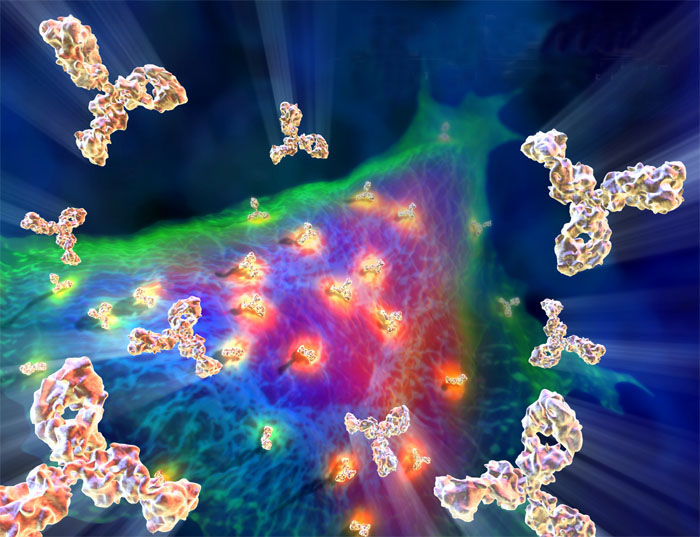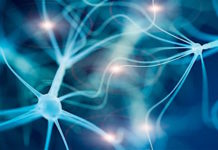 Scientists have made a major breakthrough in understanding the workings of the cellular machinery involved in a host of inflammatory diseases. Their discovery opens the door to potential new therapies if they are able to target specific cells and keep our natural inflammation response under control.
Scientists have made a major breakthrough in understanding the workings of the cellular machinery involved in a host of inflammatory diseases. Their discovery opens the door to potential new therapies if they are able to target specific cells and keep our natural inflammation response under control.
The scientists found that ‘macrophage’ cells, when activated, re-wire energy powerhouses called ‘mitochondria’ to amplify the response – sometimes to the point that a normal bodily reaction to infection or injury is way over the top.
This elevated response is implicated in a number of inflammatory diseases, such as arthritis, inflammatory bowel disease and septic shock.
Macrophages have two jobs in the body; they must react quickly to an infection by kicking the body’s inflammation response into action, and they must then depress that initial response and repair tissues that are damaged as a result.
However, the scientists found that the initial macrophage activity diverts mitochondria from their normal role of producing energy, to instead producing toxic compounds that amplify inflammation.
The scientists now hope that they can find ways of suppressing macrophages to an appropriate level, so as to reduce associated tissue damage when the body’s inflammation alert status has amped up too far. The scientists, from the Trinity Biomedical Sciences Institute at Trinity College Dublin, reported their findings in the world’s leading life sciences journal Cell.
Co-lead author, Dr Evanna Mills, said: “Mitochondria are well known as the key energy generators in our cells, but we found that during inflammation they switch from that role to instead making toxic products from oxygen using an enzyme called succinate dehydrogenase, which promotes inflammation.”
Co-lead author Dr Beth Kelly added: “Preventing this process turns the macrophage into a more benign anti-inflammatory cell, so if we can find a way of mediating the macrophage response, we might be able to preferentially calm down the inflammation.”
The work is a joint collaboration between the Inflammation Research Group at Trinity, which is led by Professor of Biochemistry, Luke O’Neill, and the Medical Research Council Mitochondrial Biology Unit, Cambridge UK, which is led by Dr Mike Murphy.
Professor O’Neill said: “Our work contributes to a burgeoning area in immunology termed ‘immunometabolism’. We have great hope that this area will go on to yield a whole new understanding of the complexities of inflammation, which might ultimately benefit patients via new therapeutic options.”
Source: Trinity College Dublin














